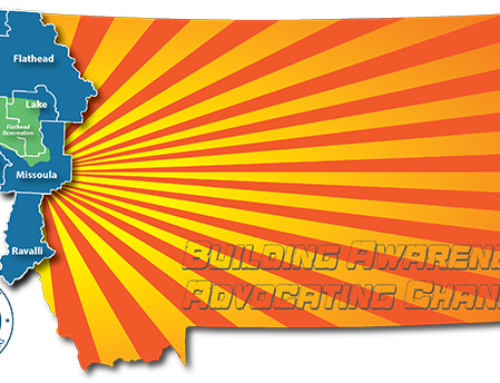As members of the human community, we all have sexual feelings, needs and desires, regardless of our physical and/or mental abilities. Unfortunately, many people don’t recognize that the need for intimacy and sexual expression is part of our humanity, and as a result, many people who live with disabilities do not receive information on relationships and sex.
We must redefine sex and intimacy and how they can be folded into our relationships. Intimacy is much more than the physical aspect of a relationship, and is often the part that we as humans most desire.
We are survivors of life-threatening illnesses, injuries, conditions we were born with, or we may be living with a debilitating chronic condition. Our various personal circumstances come with many physical challenges and emotional responses.
In this new series of articles, we are here to confirm for you new ways to heal, cope, adjust and rediscover what it means to enjoy intimacy and rewarding sexual experiences. Your sexual functioning may have changed, but there are almost always alternate, creative ways to achieve sexual fulfillment and well-being, and the intimacy you desire and deserve. And it’s good for you!
The Sexuality and Access Project puts it this way: “Sexual rights are human rights, and sexual health is the core component of general health. These are some basic truths that are simple but often simply ignored.”
Sex and intimacy are topics that need to be discussed despite the fact that many of us feel uncomfortable talking about them, especially sex. Sex and intimacy are a typical part of life and good health. “It’s human nature to desire intimacy and reproduce…these needs are in no way diminished by disability.”–Life on Wheels book.
MYTHS BE GONE!
Let’s start with some myths that need to be dispelled: myths that many people believe about the sexuality of people who live with disabilities.
For instance, one myth says that people with disabilities do not feel the desire to have sex. Another myth says that people with developmental and physical disabilities are unsophisticated and dependent.
So are these myths or facts? Let’s take a look.
Are people with disabilities sexual? Absolutely! All people are sexual beings. We as humans, regardless of whether or not we live with a physical, mental or emotional disability, are sexual creatures. We all need affection, love, intimacy, acceptance, and companionship. We also may need reassurance that we can have satisfying sexual and intimate relationships, which we can get through practical education and guidance.
Are people with disabilities unsophisticated and dependent when it comes to sex and intimacy? This idea has come to pass from the notion that a disabled person is somehow unable to participate equally in an intimate relationship. This subject can and will cause severe societal discomfort. This occurs with sexuality in general, it is not just limited to the sexuality of people who live with disabilities. And any lack of sophistication on the part of people living with disabilities is likely due to being overprotected, and deprived of accurate information and the opportunity to ask questions and not be judged. The good news is that information is definitely available, and we hope to share some of that with you.
It bears repeating to again say that regardless of the physical, mental or emotional challenges we may face, we do have very normal feelings, sexual desires and a need for intimacy and closeness. In order to behave in a sexually responsible manner and get our needs met, we need the proper skills, knowledge and support. We need materials and tools that address our personal boundaries and limits, and teach us how to respect the boundaries and limits of others. And finally, we need to know the whole range of possibilities and choices and opportunities available to us so we can make informed and healthy decisions about sex and relationships.





Connect With Us